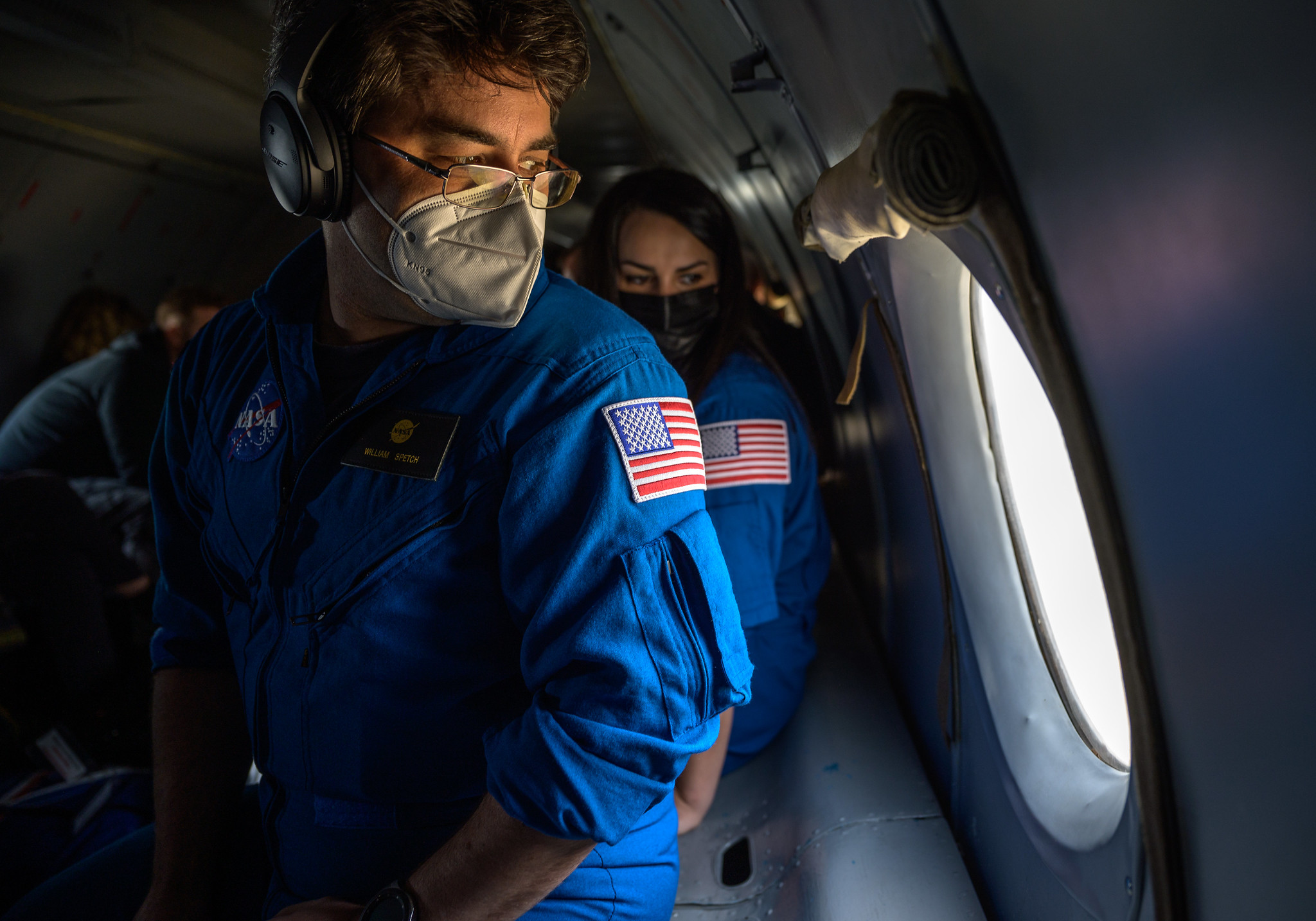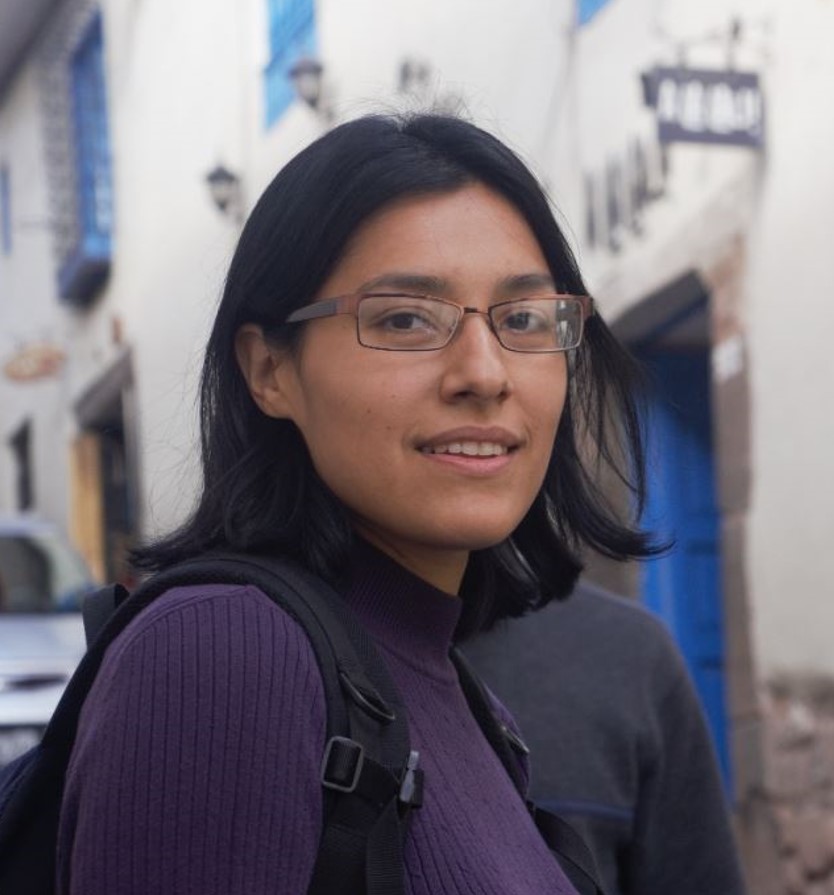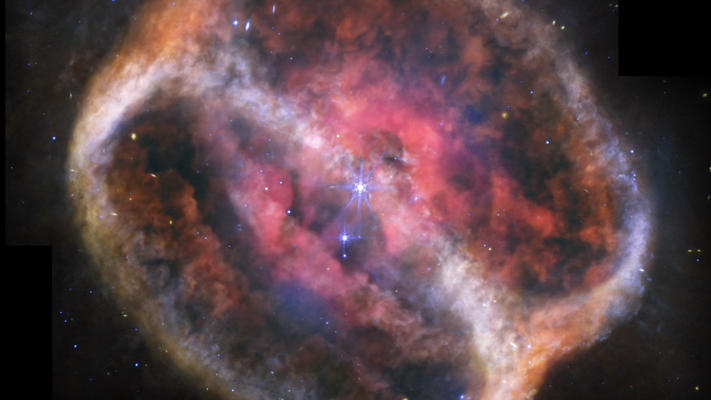NASA launches 'Mission Equity' to evaluate barriers for underserved communities
"These efforts will help foster NASA's vision to benefit the quality of life for all on Earth," agency officials wrote.

In a new initiative that runs until July 12, NASA is inviting the public to share ideas and comments about how the space agency can be inclusive and more representative of the public at large.
On June 15, the space agency announced the program, dubbed Mission Equity, and released a request for information (RFI) called "Advancing Racial Equity and Support for Underserved Communities in NASA Programs, Contracts and Grants."
The goal of the RFI is to determine what roadblocks the agency is currently ignoring that prevent underserved and underrepresented communities from joining the space agency. It's part of one of the several executive orders that President Joe Biden signed on his first day in office, Jan. 20. You can read the full RFI here.
Related: New documentary explores 'Star Trek,' Nichelle Nichols and NASA's 1970s astronaut search
A NASA press release detailing the RFI defines underrepresented communities as, "Black, Latino, and Indigenous and Native American persons, Asian Americans and Pacific Islanders and other persons of color; members of religious minorities; lesbian, gay, bisexual, transgender, and queer (LGBTQ+) persons; persons with disabilities; persons who live in rural areas; and persons otherwise adversely affected by persistent poverty or inequality."
The public feedback from the RFI will help NASA conduct a thorough review of its programs, practices, and policies, NASA officials wrote in the statement.
People can leave comments via regulations.gov; if the website is a little intimidating, this video helps guide you through the commenting process. Early comments are encouraged, and suggestions received after July 12 will be considered for future outreach efforts, NASA representatives wrote.
Get the Space.com Newsletter
Breaking space news, the latest updates on rocket launches, skywatching events and more!

The RFI outlines dozens of questions that NASA wants answered. They include, in the agency's words:
- Does your institution offer any formal training to internship/work-based learning mentors around biases, anti-racism or general DEIA [diversity, equity, inclusion and accessibility]?
- What strategies should NASA consider to ensure opportunity and accessibility to particular groups, such as individuals with disabilities or limited English proficient individuals?
- How can NASA better collaborate with other federal, state, local, regional and Tribal authorities to advance environmental justice; support rural, urban and coastal communities; and address equity challenges facing underserved communities?
- Is there a specific NASA regulation, policy or requirement that presents barriers to individuals and institutions that are part of underserved communities from identifying or applying for NASA financial assistance opportunities or implementing a financial assistance award?
According to the RFI, this effort assists in the execution of the President's Executive Order 13985, "Advancing Racial Equity and Support for Underserved Communities Through the Federal Government," signed on Inauguration Day. "Agencies were asked to 'assess whether, and to what extent, its programs and policies perpetuate systemic barriers to opportunities and benefits for people of color and other underserved groups,'" according to the RFI.
The RFI goes on to say that "these efforts will help foster NASA's vision to benefit the quality of life for all on Earth; NASA's mission to explore, use and enable the development of space for human enterprise through research, development and transfer of advanced aeronautics, space and related technologies, Economic Growth and Security, and Educational Excellence; and NASA's goal to enrich our Nation's society and economy with a fair and equitable approach."
Follow Doris Elin Urrutia on Twitter @salazar_elin. Follow us on Twitter @Spacedotcom and on Facebook.
Join our Space Forums to keep talking space on the latest missions, night sky and more! And if you have a news tip, correction or comment, let us know at: community@space.com.

Doris is a science journalist and Space.com contributor. She received a B.A. in Sociology and Communications at Fordham University in New York City. Her first work was published in collaboration with London Mining Network, where her love of science writing was born. Her passion for astronomy started as a kid when she helped her sister build a model solar system in the Bronx. She got her first shot at astronomy writing as a Space.com editorial intern and continues to write about all things cosmic for the website. Doris has also written about microscopic plant life for Scientific American’s website and about whale calls for their print magazine. She has also written about ancient humans for Inverse, with stories ranging from how to recreate Pompeii’s cuisine to how to map the Polynesian expansion through genomics. She currently shares her home with two rabbits. Follow her on twitter at @salazar_elin.









